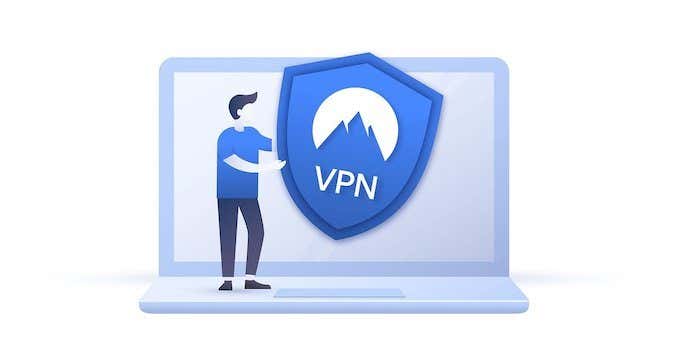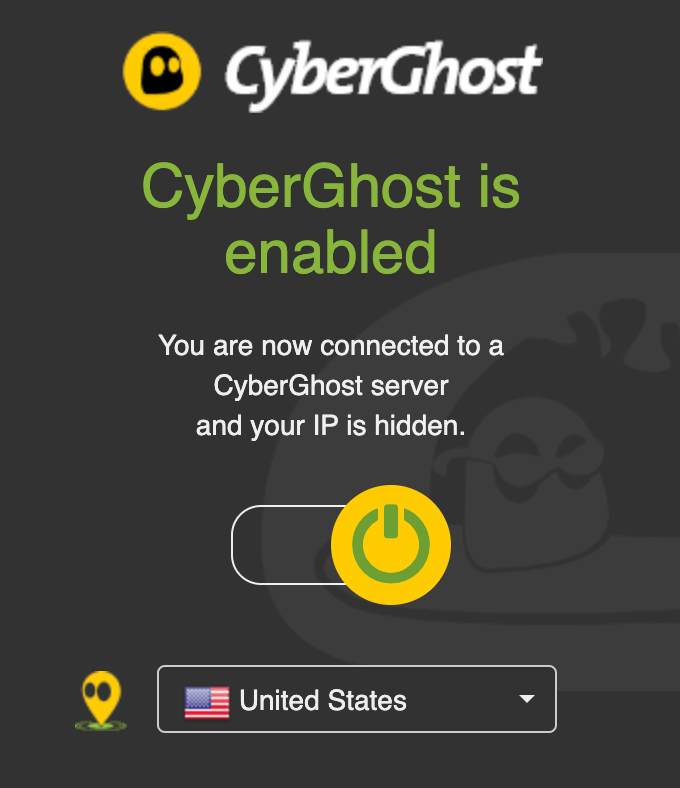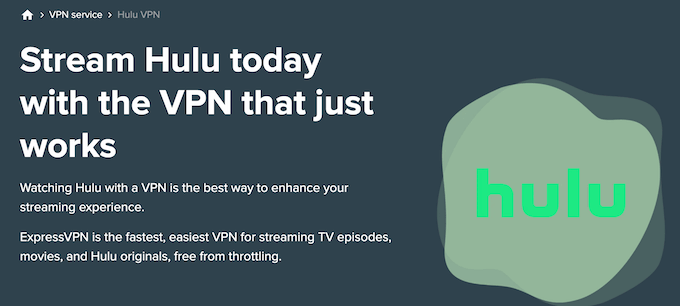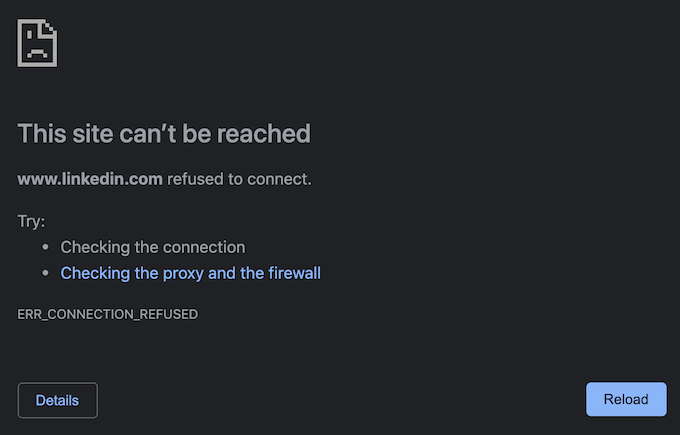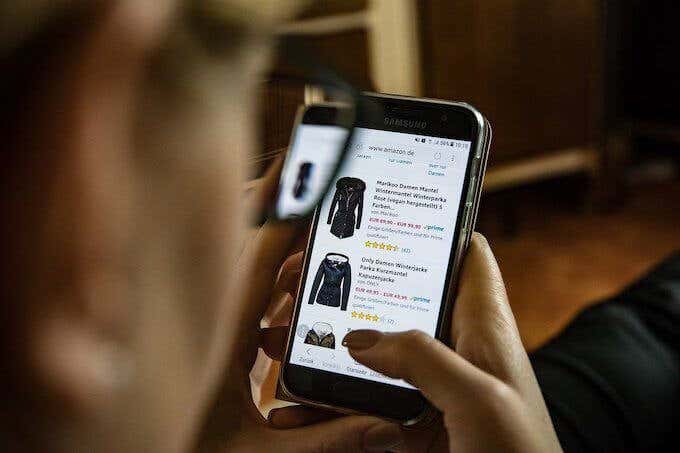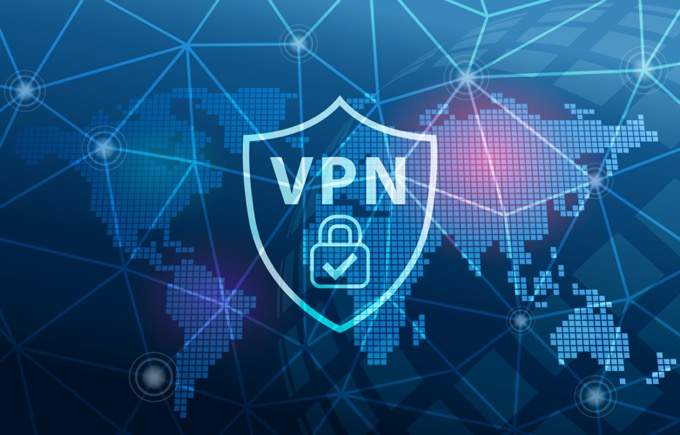Although more and more people are using a VPN, the technology behind it is still unclear to many. If you’re looking to learn more about the concept of a VPN and what it’s used for, here’s everything you need to know about it, as well as how you can take advantage of a VPN to secure your online activity.
What Is a VPN and How Does It Work?
If you have a general idea of how the internet works, you probably know that your internet service provider (ISP) and some other organizations have ways of tracking your online activity. Your browser’s private browsing mode can’t help protect your data and give you peace of mind, while a VPN can do more than that. VPN is a technology that protects your online activity by adding an extra level of encryption to your data. It connects your computer or a smartphone to a private network, allowing your data to go through an encrypted “tunnel”. It travels from your device to some other point on the internet, often in another country, before making its way to the public internet. Your data stays hidden the entire time. All an ISP can see is that you’re connected to a private network. When you connect your device to a VPN, it behaves as if it was on the same local network as the VPN. It allows you to access local network resources even if physically you’re accessing the internet from a different country. You can also browse the internet as if you were based at the VPN’s location. For example, if you’re using a USA-based VPN from outside the US, the websites will see your online activity as if it was coming from within the country.
What IS a VPN Used For?
Some people associate using a VPN with the need to hide your online activity. In reality, a VPN comes with a number of benefits that can help any internet user in their everyday life. Here are a few reasons why you might want to start using a VPN.
Secure Your Connection When Using Public WiFi
When you’re browsing the internet at home, your connection is via a password-protected router and a private WiFi network. However, when you connect to a public WiFi network – whether it’s at a coffee shop, a hotel, or an airport – your traffic isn’t protected anymore. Those networks offer open access to all users, which makes it much easier to intercept the wireless network traffic. That’s why it’s a good idea to use a VPN next time you decide to connect to a public WiFi network to send an email or check your Instagram account.
Take Back Your Online Privacy
There can be a number of different reasons why you’d want to keep your online activity private. There’s the fact that your ISP can track your activity and privacy concerns about what they can do with that tracked data, other websites’ gathering your browsing data and the problem of targeted advertising, as well as torrent trackers and other monitoring systems. Using a VPN is one of the simplest and most effective ways to gain back your online privacy and stop others from collecting your data.
Access Geo-Blocked Content
One of the most popular reasons for getting a VPN service is to access geo-blocked websites. Sometimes you’ll find that certain content, streaming services, or websites are blocked or have restricted access based on your location. Using a VPN is the easiest way to bypass those restrictions. This can be useful if you ever find that certain movies or TV shows aren’t available on your streaming platform in your region. Connecting to a VPN server from the appropriate country can easily fix that. When traveling, you might find yourself in a country where entire websites and services are geo-blocked. For instance, if you want to access LinkedIn in Russia, you’ll have to use a VPN or other means of getting around geo-restrictions.
Bypass Your School or Workplace Firewall
When using the internet at your school or workplace, you’re bound to come across blocked websites that management doesn’t want you to access. They do this by using firewalls that filter all web content and keep you away from the blacklisted sites. There’s a number of workarounds that can help you bypass your school or workplace firewall. One of the easiest ways to do it is via the VPN service. When you connect to a VPN and start browsing, all the internet traffic is encrypted, and the firewall can’t see what you’re doing and what sites you’re visiting on the network connection. This way you can view the sites you want no matter the time and place.
Save Money on Shopping
Aside from the obvious benefits you get from using a VPN, you can get some extra perks if you think outside the box. A VPN can help you save money on shopping. Admittedly, it does require some time and effort. You can use a VPN to connect to different servers across the world and find the cheapest prices. The things you can save money on include streaming services, software subscription plans, flight tickets, and even hotels. In theory, you can find cheaper prices for everything. However, don’t forget that some of the price differences will be covered by exchange rates and bank fees.
Do You Need a VPN?
While VPNs come with many benefits, they’re not flawless. The biggest downside of using a VPN is a connection speed drop. Since you’re sending your data to another location before it reaches the right server, your VPN connection speed is bound to be slower than your regular internet speed. However, if that’s not a big problem for you, or if the connection speed drop isn’t significant, using a VPN is definitely a good idea. All that’s left is to choose the right VPN service for you. Luckily, there are plenty of options out there – from a Windows built-in option, VPN Chrome extensions, best free options for Mac, and the best VPN apps out there. Have you used a VPN service before? What did you use it for? Share your VPN experience with us in the comments below.

